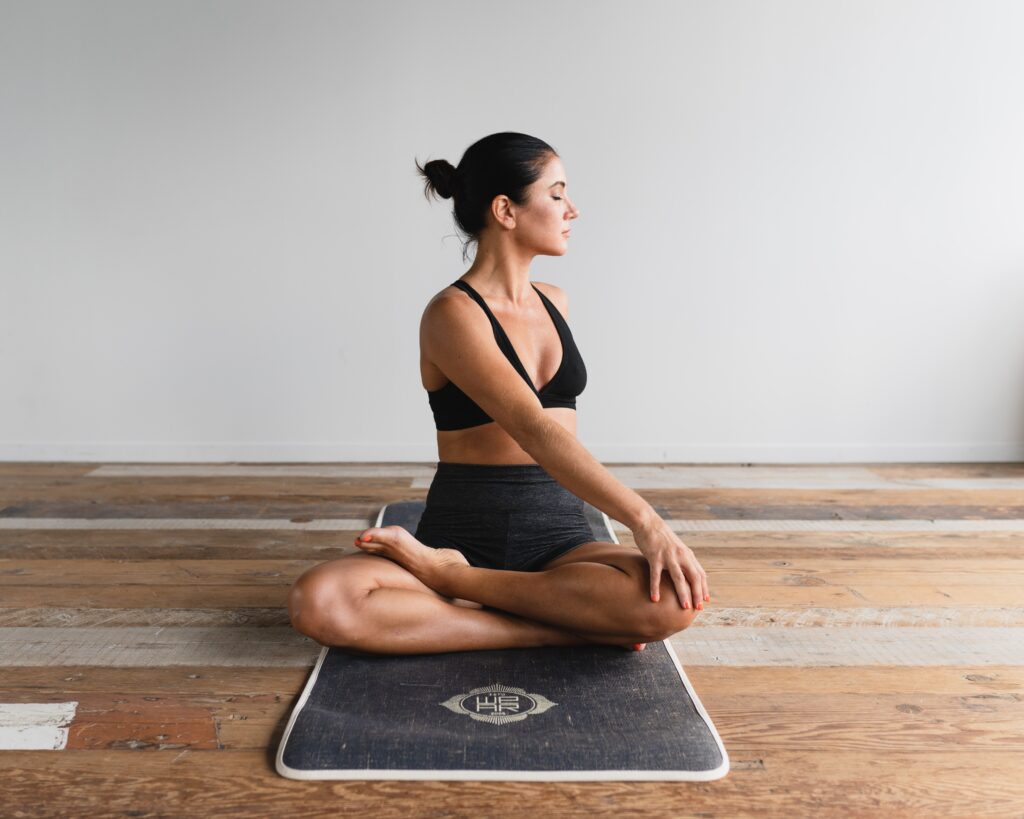How to Build Healthy Habits
It’s not always about digging for motivation. First, you need the right tools to set you up for success. Here’s how to form a health habit that lasts.
Why is it so hard to form new healthy habits?
When it comes to habit formation, sadly, there are no shortcuts. Many experts will say that people need to concentrate on incremental progress to build a lasting habit, meaning we need to hit that habit consistently over time. That commitment is what has proven to lead to change.
In a study published in the European Journal of Social Psychology, a research team looked at just how long it takes to form a new habit. The study examined the habits of 96 people over 12 weeks. Each person chose one new habit they wanted to implement over the 12 weeks – from simple ones like drinking more water to running after dinner – and then reported daily on whether they did it and how it felt. At the end of the 12 weeks, the researchers analyzed their responses to determine how long each person would go from starting a new habit to automatically doing it.

The answer? On average, it takes more than two months before a new habit becomes automatic – 66 days, to be exact. In this study, it took anywhere from 18 to 254 days for people to form a new habit; it varied depending on the chosen habit, the person, and their lifestyle circumstances.
So, if you want to form a new habit, trust it will take some time. The good news is that research has proven it can be done, providing you implement the right tools. Just remember, regular sleep, exercise, a healthy diet, or mindfulness are all practices that enhance our lives and, if done regularly, can improve many other aspects, from work to relationships and mental health. Positive habits lead to happy lives.
Here, we break down how you can build a healthy, lasting habit.
Be specific

Write out a plan. If you want to increase your time at the gym or focus on making healthier choices in your nutrition, write it all down on a weekly calendar. It’s a great goal to “exercise more” or “eat better,” but if you don’t know what that looks like in your lifestyle, you may not commit to it. Decide the number of days you are planning on working out in a week– the where and the when – and add those times to the calendar. Make one or two days of the week designated trying a new healthy recipe (an excellent opportunity to add more fruits and vegetables into your diet). Tracking what you eat and drink and how often you exercise can provide a snapshot of your weekly choices and patterns. This shift in thinking will help you achieve balance in the long term, and by writing everything down, you’re holding yourself accountable to it. Suddenly, they become non-negotiable.
Start small

We are creatures of habit, and when it comes to making significant behaviour changes, it often requires a massive level of motivation that often can’t be sustained in the long term. The trick is breaking larger goals into smaller actions, making this “new” habit as easy as possible to implement at the beginning. For example, committing to a daily post-dinner walk around the block could create a more fulsome exercise habit. Committing to making your lunch instead of buying something at work ensures you know exactly what you’re eating and can make those healthy choices. It’s about baby steps, literally.
Prioritize sleep

Sleep is critical to our overall health, and quality sleep will boost our energy levels, mood and cognitive function, helping you build healthy habits in the long run. Stress from a busy workday or active personal life can cause sleep anxiety, so the trick is to create a bedtime routine that will help put your body in a relaxed state. This can happen in several ways: shutting down electronics, keeping lights low, investing in a weighted blanket, or use either a foam roller or do a mini yoga session before you sleep, helping to relax your muscles and feel grounded before bed.
It's about the process, not perfection

While consistency is essential, research has shown that you need more opportunities to practise a desired habit to ensure your chances of establishing that habit in the long term.
Your goal shouldn’t be to be perfect. The ones who develop habits do it by understanding they’re not always going to achieve their habits 100% of the time, but they can consistently course-correct their actions when they fall off track. Say you missed a workout—that’s OK. Promise yourself you will go tomorrow. Your goal is not to miss two in a row. Indulge more heavily in food and drink on Saturday; don’t do the same on Sunday. Don’t default to guilt, judgment or criticism. This is a process. You’re going to fumble.
Find the right kind of support

The behaviour of people around us can strongly influence us, so try to catch some good habits from people who may be ahead of you in their healthy habit living. Want to start running? Instead of coercing a friend to join you, consider joining a running club instead. People in a running club have formed the habit you’re working to create for yourself, and they will work as excellent motivators who you can learn from and be inspired by. Work with a personal trainer if you want to form a stronger commitment to going to the gym. A trainer will develop an individualized workout program based on realistic and attainable goals, work within your schedule, and keep you accountable for showing up. You may be a creature of habit when it comes to exercise, gravitating towards the same workouts or equipment – a trainer will introduce you to new exercises and movements you may have never done before or attempted on your own. This prevents you from hitting a plateau or giving up because of boredom.
Be patient

Changing your lifestyle doesn’t happen overnight, no matter how hard you work. We all have different genetic makeups, metabolisms and lifestyles that play a role in seeing progress. Your body needs time to adapt, change, grow and achieve the fitness and well-being you are after. Make lasting, sustainable changes that you can keep for years, not months. As you progress and get closer to your goals, recognize the wins and celebrate yourself. Committing to you should be a lifelong passion—the potential of what you can achieve and who you wish to be is limitless.
Begin Your Journey with Us
If you’re finding it challenging to get started on your journey, feel free to reach out to us for a complimentary consultation. We would be more than happy to offer some guidance to help you move forward. Sometimes taking the first step is the hardest, so don’t hesitate to get some help to kickstart the process. We all start somewhere.
